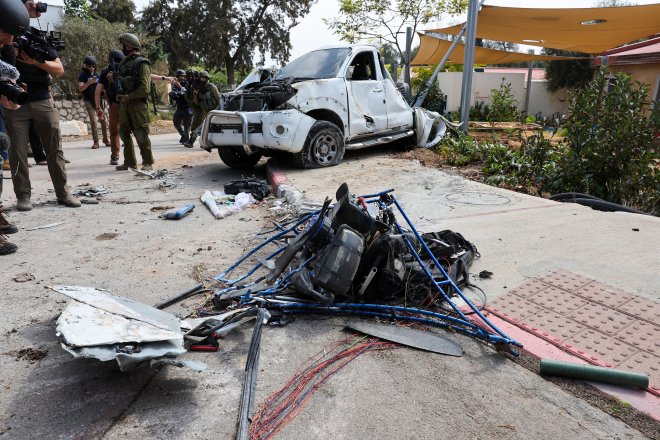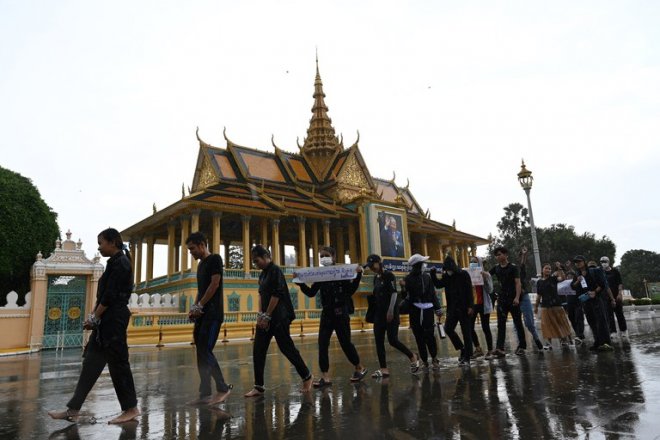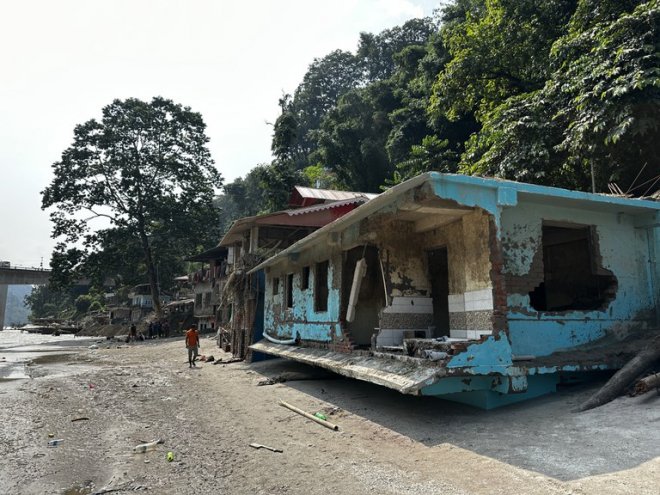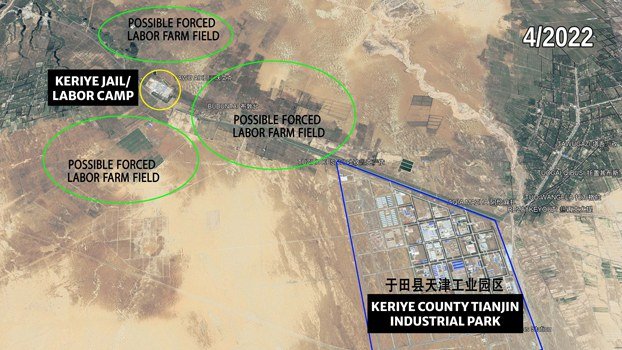Executed man’s family says it still hasn’t received last recording
The family of a death row prisoner who was executed last month – despite pleas from diplomatic missions and Amnesty International – has yet to receive a tape recording containing his last words, his mother told Radio Free Asia on Monday.Le Van Manh, 42, was executed with a lethal injection on Sept. 22, according to a death notice posted by the People’s Committee of Thu Phong commune, Cao Phong district, Hoa Binh province.
“We have only received the execution notice and the court’s judgment extract and nothing else,” Manh’s mother, Nguyen Thi Viet, told RFA. “When my two children went to the prison to get his belongings, they received only his blanket and mosquito net, clothes and a mat. No letters or any other papers.”
Vietnam’s execution law states that “prior to being taken out for execution, the sentenced person shall be given food and drink, be entitled to write letters and have their last words recorded for their relatives.”
But it doesn’t state when the judgment enforcement agency has to send the recording and letters to the executed person’s relatives.
According to Viet, when the family asked for the letter and tape recording, the prison said the items “were being kept by the police and the court and will be sent” to the family as soon as possible.
RFA has attempted to contact officials at Thanh Hoa province’s People’s Court and the Vietnam Supreme People’s Court, but no one has answered the phone.
Questionable confession
In 2005, Manh was charged with the rape and murder of a 13-year-old girl in Thanh Hoa province. He confessed to the crimes but later retracted his statement, saying that he had been severely beaten by police.
The case occurred on March 21, 2005, but it was not until April 20 that police arrested Manh on a robbery charge in another case. After four days of detention he was prosecuted for murder and child rape.
During the trial, lawyers requested an examination of the defendant’s body to determine whether he had been tortured, but the court refused.
Manh repeatedly proclaimed his innocence after his sentence and dismissed the death penalty as an acceptable form of punishment.
In 2015, London-based Amnesty International sent an open letter to then-President Truong Tan Sang, calling on him to stay Manh’s execution and to order an investigation into accusations that he had been tortured. Following the letter, the Thanh Hoa People’s Court halted the execution to review the case.
A day before the execution – Sept. 21 – the European Union delegation along with the embassies of Canada, the United Kingdom and Norway in Vietnam issued a joint statement calling on Hanoi to again stay the execution.
But the execution took place as relatives were in Hanoi to submit another round of petitions to the president’s office and other government agencies.
Amnesty International’s death penalty expert Chiara Sangiorgio called the execution “sickening.”
The UN’s Special Rapporteur on extrajudicial, summary, or arbitrary executions, condemned the execution and called for Vietnam to adhere to its international commitments to ensure the rights of death-row inmates and transparency in implementing death sentences.
Translated by Anna Vu. Edited by Matt Reed and Malcolm Foster.
[圖擷取自網路,如有疑問請私訊]
|
本篇 |
不想錯過? 請追蹤FB專頁! |
| 喜歡這篇嗎?快分享吧! |
相關文章
AsianNewsCast























